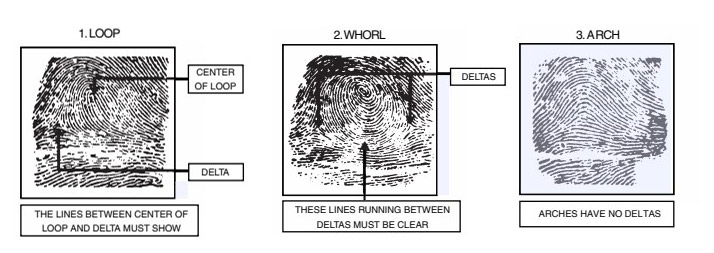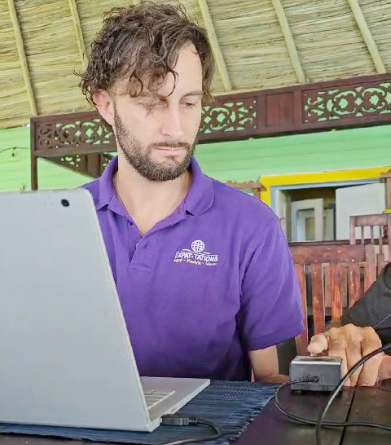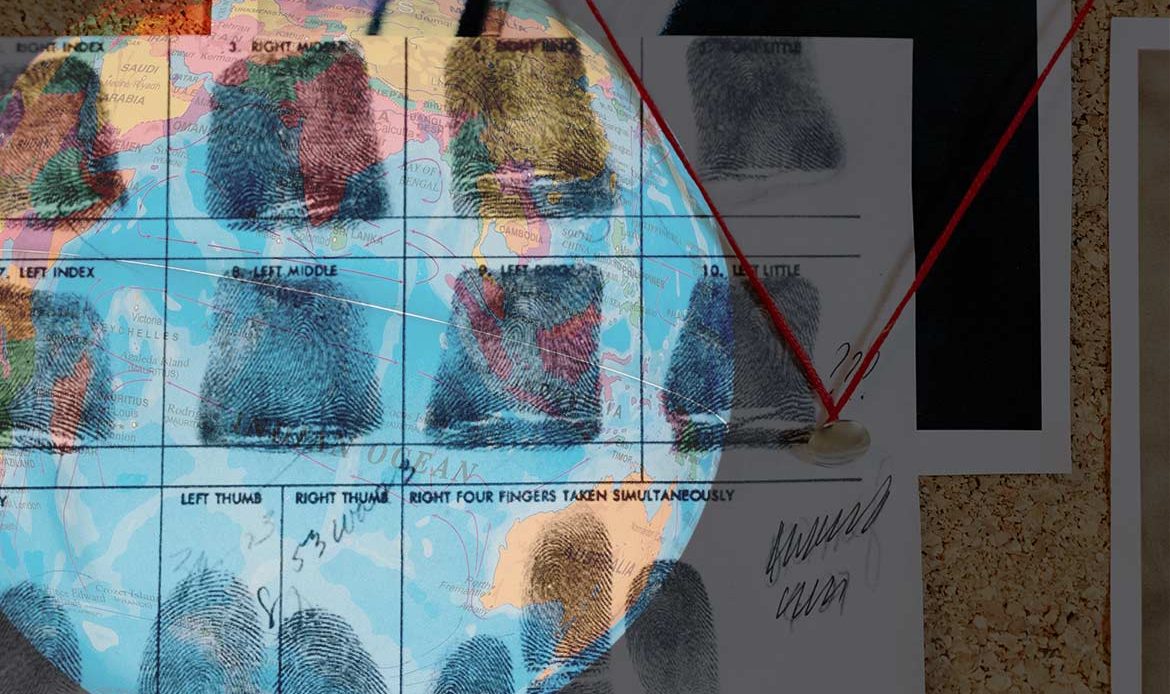In today’s interconnected world, the process of relocating to another country for residency has become increasingly common. Central American countries like Panama and Costa Rica have seen a surge in expatriates seeking residency status, driven by favorable climates, economic opportunities, and a desire for a change in lifestyle. However, amidst the paperwork and requirements, one fundamental aspect often overlooked is the importance of providing accurate fingerprints in residency processes for background checks (FBI / RCMP / ACRO). Clarity and precision of fingerprints play a pivotal role in expediting the process. This article sheds light on why correct fingerprints are crucial in ensuring a smooth and streamlined residency application process.
The Prerequisite of Fingerprints
Many Central American countries, including Panama and Costa Rica, require fingerprints as part of the residency application process. These prints are a fundamental component of background checks, ensuring that individuals with a criminal history do not gain residency status. Moreover, even for U.S. and Canadian citizens seeking residency in these countries, fingerprinting is a non-negotiable requirement. Therefore, it is essential for applicants to understand the significance of correct fingerprints in this context.
The Types of Fingerprints in Residency Processes
When it comes to background checks for residency or other purposes, two primary types of fingerprints are often required: flat fingerprints and rolled fingerprints. Both of these fingerprints are aimed at capturing a comprehensive image of an individual’s unique fingerprint patterns, but they serve different purposes.
Flat Fingerprints
In this method, the fingers must be pressed flat onto a scanning surface until a clear print is captured on the screen. While doing so, it is crucial to ensure that the entire fingerprint is as clear as possible. The quality of the captured print can significantly impact the accuracy of background checks.
Rolled Fingerprints
Rolled fingerprints involve placing the finger down in a similar manner to flat fingerprints. However, in this case, the finger is rolled to the right and then to the left until the software indicates that the process is complete. The objective is to capture a comprehensive image of the fingerprint pattern.
The Swirl’s , Loop’s, Whorl’s, Delta’s and Arch Significance
While both flat and rolled fingerprints are essential for background checks, the swirl or whorl, also known as the core or central pocket, is of paramount importance. The swirl is the central pattern that distinguishes one fingerprint from another. It is akin to a fingerprint’s unique signature. If the swirl or its relation to deltas and arches is not clear or discernible in the prints, it can lead to complications during the background check process.

Capturing methods of Fingerprints and the Benefits of Digital Fingerprinting
There are typically two primary methods employed for capturing fingerprints. The first is the traditional ink fingerprinting technique, where an individual presses their inked fingers onto a piece of paper. The second method is digital fingerprinting, which offers several advantages. One notable advantage is that digital fingerprinting programs promptly evaluate the fingerprint’s quality, significantly minimizing the likelihood of needing to redo the process after submitting your application. This can in several cases reduce the residency process by several months.
As mentioned, in the past, fingerprinting involved the use of ink and paper, a process that could sometimes result in smudged or incomplete prints. However, with technological advancements, digital fingerprinting has become the preferred method. In addition digital fingerprinting offers the following advantages:
- Clarity: Digital fingerprinting ensures that the fingerprints come out as clear as possible, reducing the chances of errors or misinterpretation during background checks.
- Convenience: The process of digital fingerprinting is quick and efficient, making it a hassle-free option for applicants.
- Reduced Errors: Digital systems often include built-in checks and validations to ensure that the fingerprints are of adequate quality, reducing the likelihood of errors.
- Approved Methods: The hardware and software used for fingerprint scanning is approved by their respective organisation, for example the FBI. Only certain companies can aquire these, which serves as an additional security measure.
- Transportability: Digital systems introduce a novel level of convenience and portability to various processes.
Digital fingerprinting eliminates the need for cumbersome visits to police stations for fingerprints, the necessity of carrying specialized ink and paper, or requiring a trained professional to guide one’s fingers for accurate ink prints. Thanks to advanced software, these tasks can now be reliably and efficiently performed.

The Importance of Accuracy for FBI and Canadian Background Checks
For U.S. and Canadian citizens seeking residency in Central American countries, the accuracy of Fingerprints in Residency processes is especially critical. Background checks conducted by the FBI and Canadian authorities rely heavily on accurate fingerprint data. Any discrepancies or unclear prints can lead to delays in the processing of applications, causing frustration and inconvenience for the applicants.
Conclusion about Fingerprints in Residency Processes
In conclusion, the importance of providing correct fingerprints in residency applications cannot be overstated. Central American countries like Panama and Costa Rica require accurate fingerprints to conduct thorough background checks, ensuring the safety and security of their residents. Whether it’s flat fingerprints or rolled fingerprints, the clarity of these prints, particularly the central swirl, is of utmost significance. With the advent of digital fingerprinting, the process has become more efficient and reliable, reducing the chances of errors and streamlining the application process. Therefore, for those seeking residency in Central American countries, ensuring that their fingerprints are clear and accurate is an essential step toward a smooth transition to their new home. If this article has left questions open in regards to fingerprinting, background checks or immigration, feel free to contact us.



